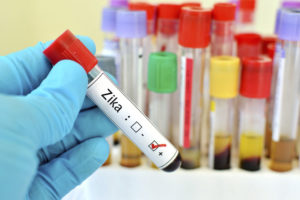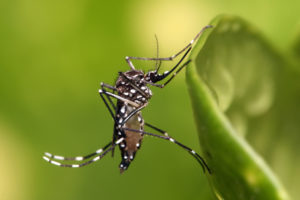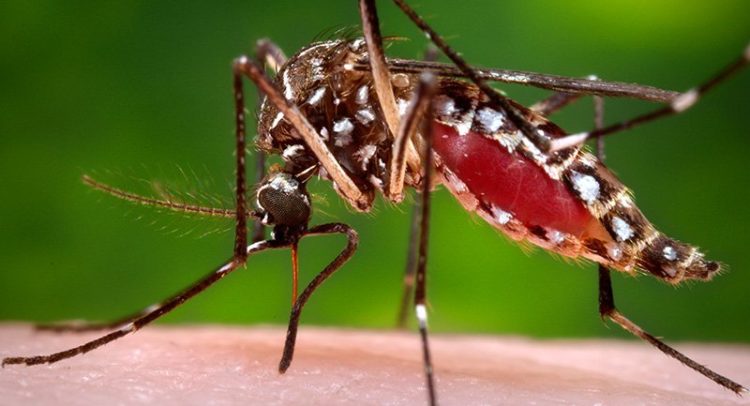Referred to a reported outbreak of zika, the Centre for Disease Control and Prevention (CDC), a US federal agency under the Department of Health and Human Services, has issued an alert and asked pregnant women not to visit India, predominantly Rajasthan.

Rajasthan usually pulls foreign tourists in a good number because of its rustic beauty and night tourism. Zika panic may bring a big blow to Rajasthan tourism. However,State health authorities, according to TOI, have claimed that Jaipur is safe and there is no scare of Zika.
Dr Ravi Prakash Mathur, additional director (rural health), health department was quoted as saying in the report that issuing such warning will unnecessarily create fear among people of the state and also among those coming from other countries to Rajasthan.
“There is an unusual increase in the number of Zika cases in Rajasthan and adjoining states. Pregnant women should not travel to areas with risk of Zika,” the CDC,US alert says. At least 153 cases of the virus were reported in the state in October and November, The Indian Express reported on Thursday.
“Many people infected with Zika virus do not get ill. However, pregnant women if infected, can cause severe birth defects. Because there is no vaccine or medicine for Zika, travellers should take steps to prevent getting Zika during journey,” the alert further says.

The public health institute said all travellers to areas with risk of Zika infection should avoid mosquito bites, and make use of condoms during sex as precautionary measures. “They should keep on making these precautions even after their trip to stop the spread of Zika to others back home,” it added.
Women considering pregnancy should wait at least three months after returning to the US from Zika-affected areas before attempting to conceive, the advisory said. Men should wait for three months because Zika can stay in semen longer than in other body fluids, it added.
The Indian Express reported that tourism in Rajasthan might be affected due to the advisory. It quoted unidentified individuals from the tourism sector as saying that the peak tourist season for Rajasthan lasts from October to March. “One of the reasons behind this increase in footfall is the number of holidays during the period,” Sanjay Kaushik, a Jaipur-based tour operator, told the newspaper.
Between October and March events such as the Pushkar fair, Jaipur Literature Festival, Holi and Gangaur fair in Jaipur attract large numbers of tourists. According to state tourism department data, 35.34 lakh Indian and foreign tourists visited Rajasthan in December 2017, and 31.73 lakh people during the same month in 2016.
The Zika virus is transmitted mainly by Aedes mosquitoes, including Aedes aegypti, which also carries dengue. Most infected people either show no symptoms or only mild symptoms such as fever, rash, joint pain, conjunctivitis and, possibly, muscle pain and headaches that may last a week.
On 22nd September the first case had surfaced in Rajasthan, when an 85-year-old lady with no travel history tested positive for the disease. Fogging and other anti-larvae activities are being carried out in the Shastri Nagar area to check the spread of the virus. A control room was activated at the National Centre for Disease Control to keep an eye on the situation. Since then, the number of monitoring teams in Jaipur increased from 50 to 170 and a special isolation ward was created at the Hira Bagh Training Centre to treat Zika virus-affected patients.
According to WHO, Zika virus infection during pregnancy can cause infants to be born with microcephaly, a condition in which a baby’s head is significantly smaller than expected in newborn children and other congenital malformations.
The Rajasthan government has been provided information, education and communication (IEC) material prepared to create awareness about the Zika virus and prevention strategies.NCDC also urged people not to be panic.

